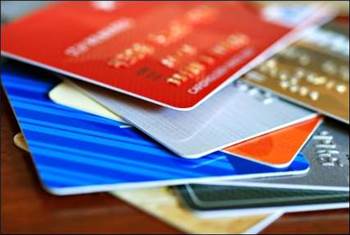A long-running investigation by the European Commission has found several suppliers of smart card chips may have taken part in a cartel to push up prices by coordinating their behaviour across the EU.
The Commission has now sent statements of objection to the alleged participants, noting this is in breach of European Union anti-trust rules which prohibit cartels and other restrictive businesses. The move comes after EC vice president in charge of competition policy, Joaquin Almunia, said settlement talks had not progressed.
Under the normal anti-cartel procedure, companies found guilty of collusion are not eligible for leniency or discounts on fines.
The Commission did not name the smart card chip suppliers receiving the formal complaints, but a Bloomberg report said they were Hitachi and Mitsubishi owned Renesas, as well as large electronics manufacturers Infineon Technologies, Philips, and Samsung
The Commission said its officials carried out unannounced inspections at at the offices of several smart card chip producers across the union in 2009, along with their national competition watchdog counterparts.
Speaking to Bloomberg, STMicroelectronics and Atmel said their offices were searched by the regulator's inspector in 2008 but had not received the statement of objection. Another maker, NXP Semiconductor did not receive a formal complaint either from the Commission but said it is nevertheless part of the probe and may be found to have violated competition rules.
Chipped smart cards contain electronics for data storage and other functions. They are used by banks, identity management vendors, in passports, mobile phone SIMs and many other areas.
Cartel and anti-competition investigations have no fixed deadlines in the EU and can take many years to resolve.
The EC has meted out hefty fines for colluding companies in the past. Some two years ago, the EC slapped a 331 million euro (A$421 million) fine on Samsung, Hynix, Infineon, NEC, Hitachi, Mitsubishi, Toshiba, Elpida and Nanya over fixing dynamic RAM pricing, after Micron, which was also part the cartel, dobbed in its fellow chip makers. The investigation started in 2002 and concluded eight years later in 2010.
In 2009, Intel copped a 1.06 billion euro (A$1.35 billion) fine which the US chip maker is currently appealing.
Although the penalty against Intel was large, it could have been even bigger. As it stands the fine represents just 4.15 per cent of Intel's annual turnover and not the maximum ten per cent the EC could impose.
Google and Microsoft are other large companies that the European Commission has targeted for monopolistic abuses, with huge fines as a result.





.jpg&h=140&w=231&c=1&s=0)




















